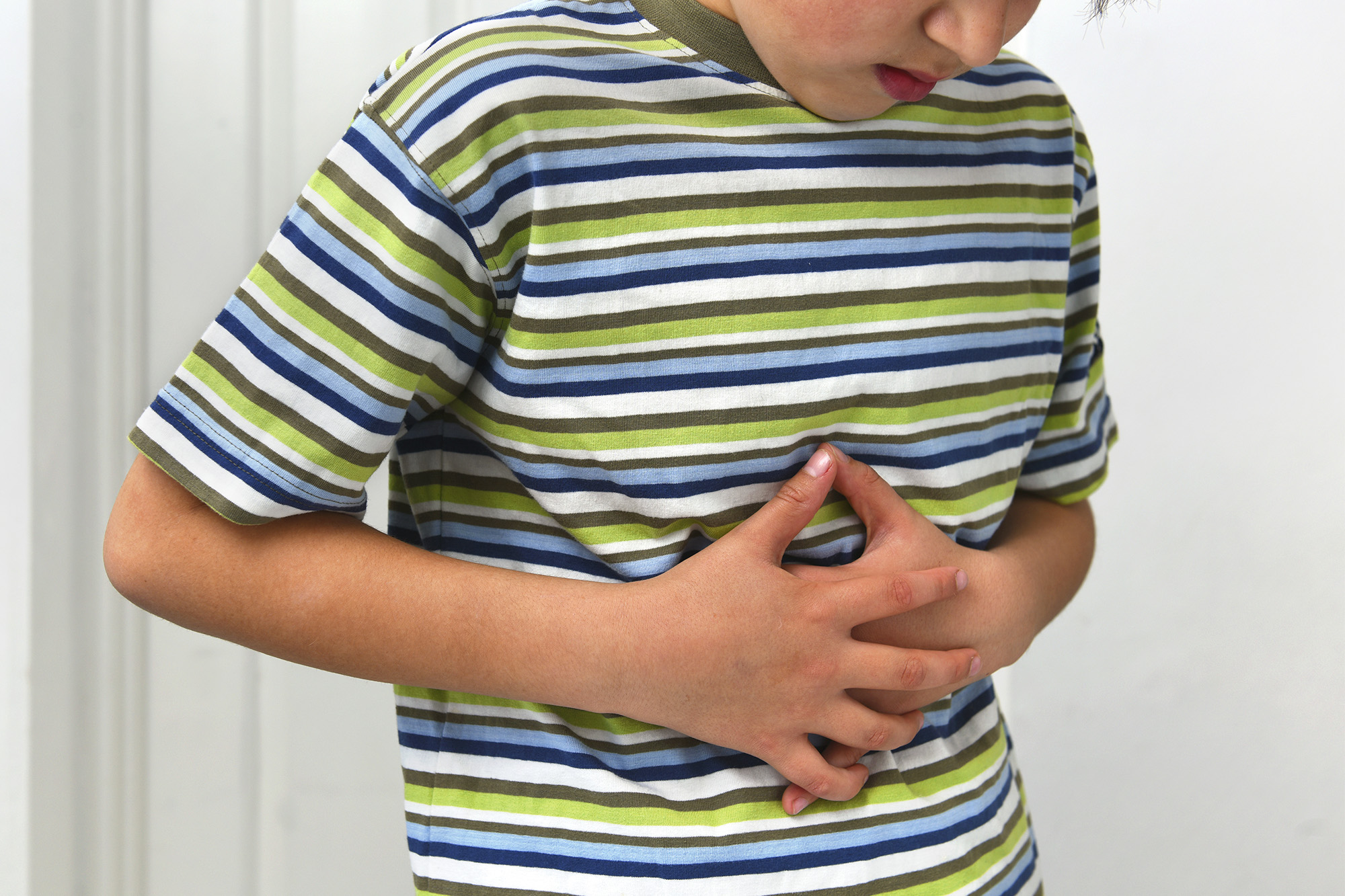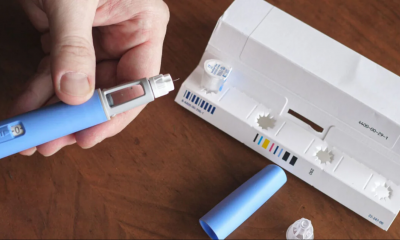A study appearing earlier this month in JAMA Pediatrics reported that children who took proton pump inhibitors (PPIs) for stomach upset experienced a marked increase in infections requiring hospitalization.
PPIs are among the most commonly prescribed drugs in infants and children, and their use is on the rise.
They work by attaching to parietal cells in the stomach, where they prevent those cells from releasing hydrochloric acid, which works with enzymes and bile juices to digest food.
The study group, led by Marion Lassalle, Pharm.D., Ph.D., at the French National Agency for the Safety of Medicines and Health Products, followed more than 1.2 million children born in France between January 2010 and December 2018.
READ ALSO: Repeated COVID shots driving dangerous variants, turbo cancers
Children who took PPIs comprised the treatment group, those on other medications were the controls.
The study groups were matched for age, sex, access to medical care, size of residence and social deprivation index — a score based on seven social and economic variables.
PPI use was associated with a 34% overall increase in infections requiring hospitalization. Bacterial infections were 56% higher and viral infections increased by 30% in the PPI group.
Infection rates rose by 52% for digestive tract infections, 47% for infections of the ear, nose or throat, 31% for the nervous system, 22% for the lower respiratory tract and 20% for the urinary tract or kidneys.
READ ALSO: Doctors for COVID Ethics details dangers of mRNA vaccines
A much smaller 2019 study also found a connection between PPIs and infections but concluded that adverse events were related to a child’s ability to metabolize PPI drugs. Children who were poor metabolizers of PPIs fared worse on those medications than those with normal or elevated levels of a liver enzyme, CYP2C19.
PPIs are prescribed to healthy children and to chronically ill children who are more likely to experience digestive issues than healthy babies. Sick children are at additional risk for PPI drug interactions, according to Berry.
Although the FDA has approved most PPIs for children, it notes in an information sheet for pediatric prescribers that the drugs are mostly ineffective in children under age 1. For example, infants treated with one PPI, lansoprazole, for symptoms of crying, fussing or irritability during or after feedings, “showed no difference in the percentage of response than patients treated with a placebo.”

 Entertainment6 days ago
Entertainment6 days ago
 Entertainment3 days ago
Entertainment3 days ago
 Comments and Issues6 days ago
Comments and Issues6 days ago
 Business7 days ago
Business7 days ago
 Comments and Issues6 days ago
Comments and Issues6 days ago
 Health1 week ago
Health1 week ago
 Editorial Opinion1 week ago
Editorial Opinion1 week ago
 Comments and Issues6 days ago
Comments and Issues6 days ago













